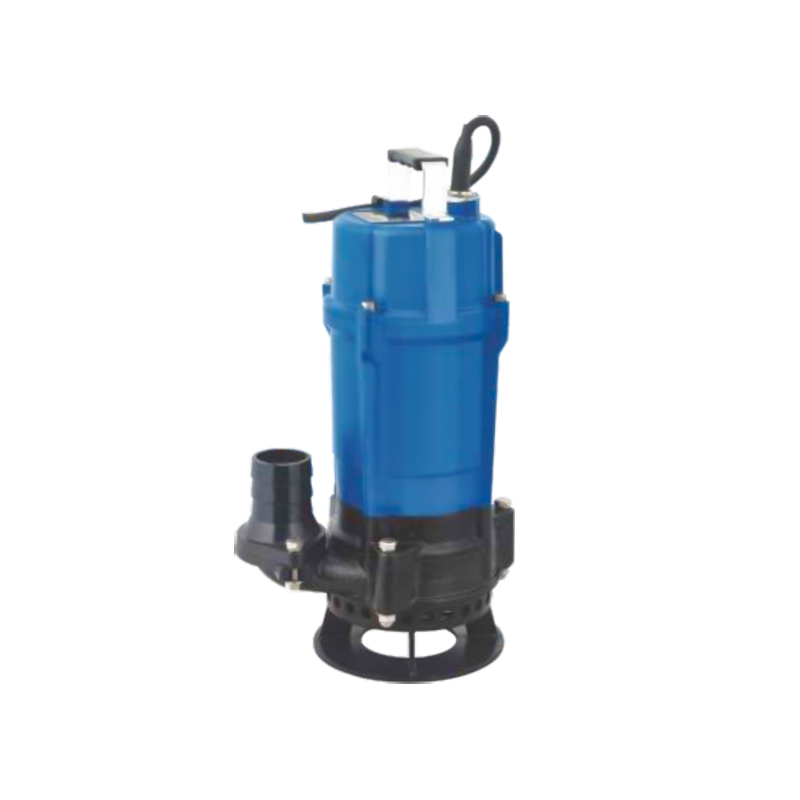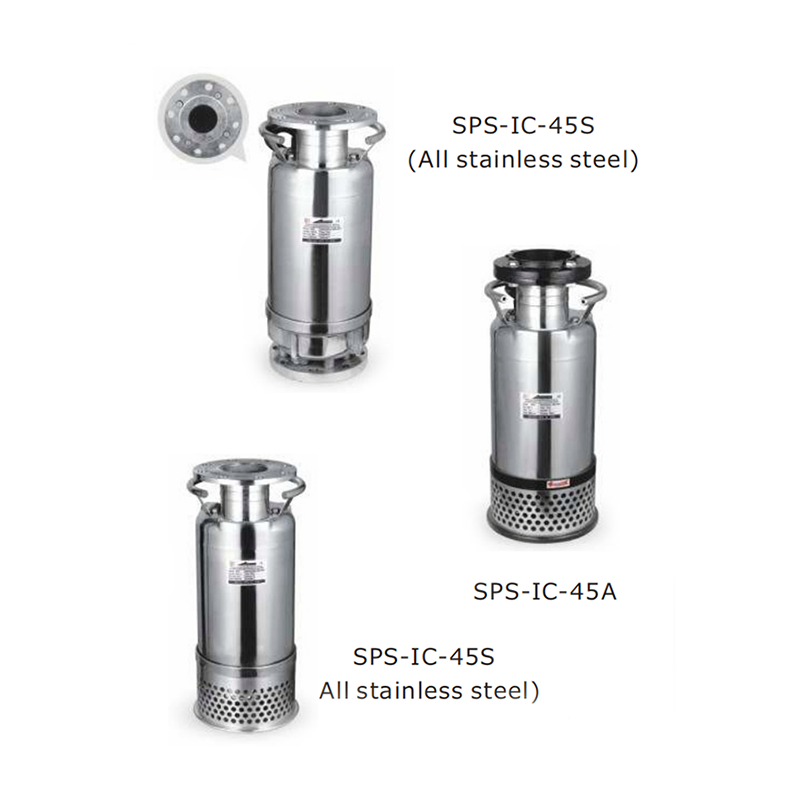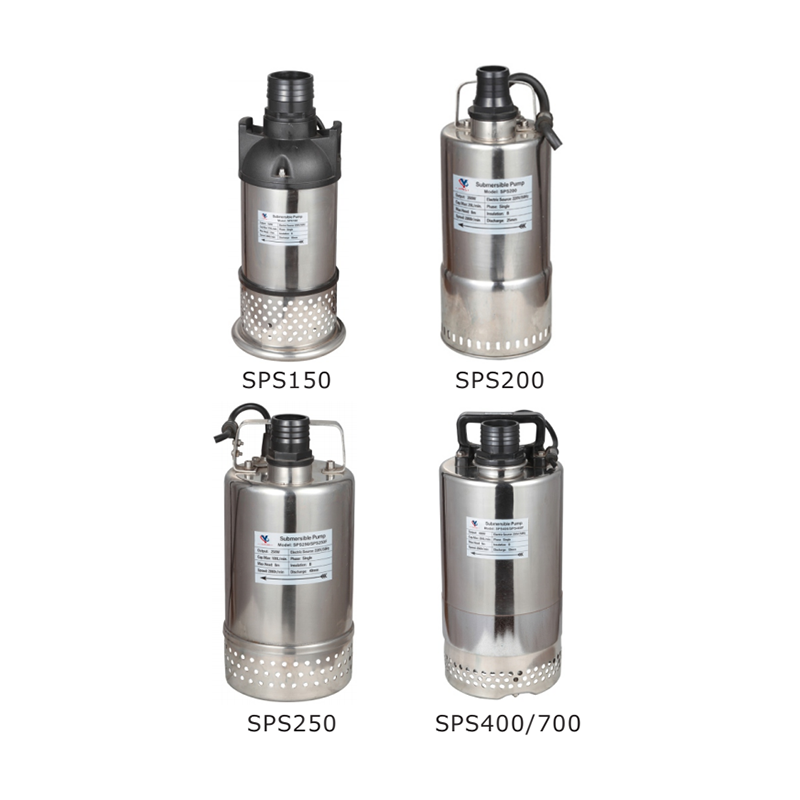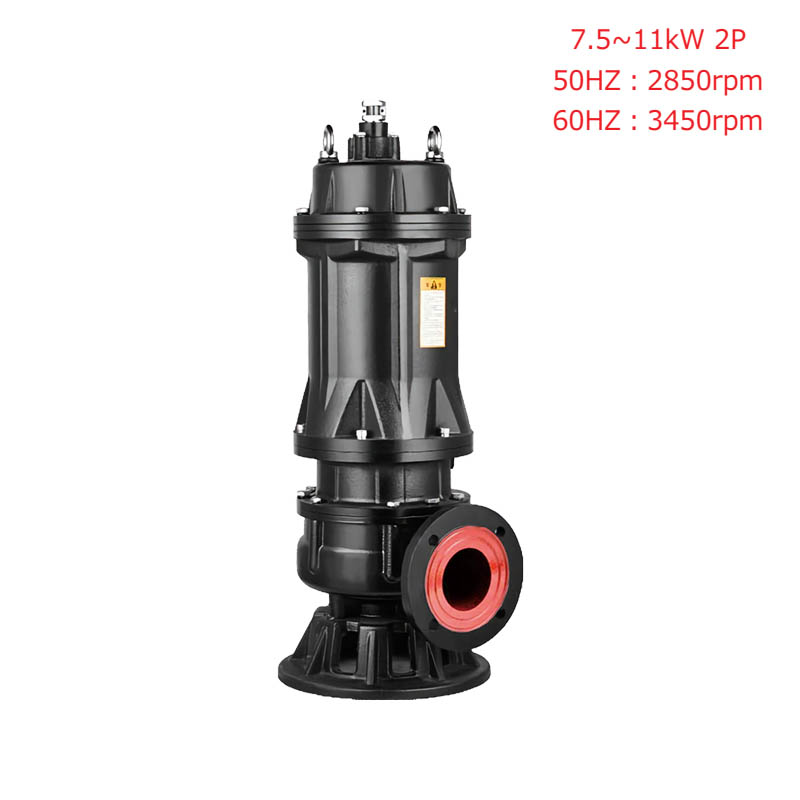In both urban and rural settings, dewatering pumps play a critical role in water management. From flood control to sewage treatment, these pumps provide effective solutions to various water removal needs. Whether you are dealing with heavy rains or managing a construction site, a reliable de water pump can be the difference between timely resolution and significant water damage. This article explores the versatility and adaptability of dewatering pumps across multiple scenarios, showcasing their real-world applications and practical solutions.
Flood Control: The First Line of Defense
One of the most essential uses of dewatering pumps is in flood control. During heavy rainfall or storm surges, cities and towns often face the risk of flooding. In these situations, de water pumps are used to quickly remove excess water, helping to protect homes, businesses, and infrastructure from water damage.
Municipalities often rely on large-scale dewatering pumps to divert water from streets, highways, and public areas into storm drains or other designated water management systems. In these emergency situations, the pumps' ability to handle large volumes of water quickly and efficiently is crucial for preventing long-term damage.
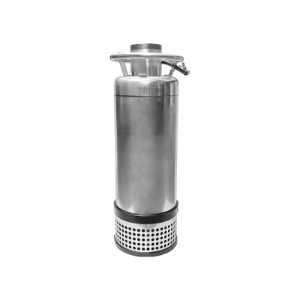
WS Submersible Dewatering Pump
In more localized scenarios, such as basement flooding in homes or businesses, smaller portable de water pumps can be deployed. Homeowners can use these compact pumps to quickly drain water, mitigating the risk of mold, structural damage, and other water-related issues.
Construction Sites: Ensuring a Dry Work Environment
Construction projects, especially those involving excavation, often encounter groundwater or rainwater accumulation, which can delay progress and pose safety risks. Dewatering pumps are commonly used to remove water from trenches, foundations, or other low-lying areas, ensuring that construction can proceed smoothly.
For construction managers, having an efficient de water pump on-site is a must to keep projects on schedule. The pump's ability to handle both clean and dirty water ensures that it can be used in various construction applications, from draining shallow puddles to handling deeper excavation sites with mixed debris.
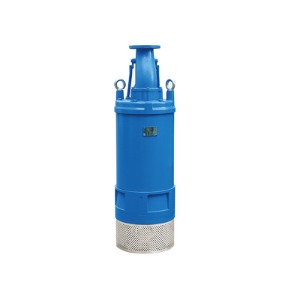
SH Submersible Drainage Pump
Construction site managers often select dewatering pumps that are designed to handle abrasive materials, as they may need to remove water containing dirt, sand, or small rocks. These pumps are robust and durable, ensuring that the construction work can continue without unnecessary delays caused by water accumulation.
Sewage and Wastewater Management: A Critical Application
Another important application of dewatering pumps is in sewage and wastewater management. De water pumps are specifically designed to handle the transportation and removal of contaminated water, making them crucial for municipalities and industries involved in sewage treatment.
In industrial and municipal settings, large-scale dewatering pumps are used to move wastewater from treatment facilities to discharge locations. These pumps are built to handle corrosive and abrasive fluids, ensuring they can effectively pump sewage without clogging or breaking down.
For smaller applications, such as residential areas or individual businesses, de water pumps are also available in smaller sizes. These pumps are effective for managing minor sewage problems, including backups or blockages in drains and septic systems. By quickly addressing the issue, homeowners and business owners can prevent the spread of harmful bacteria and avoid costly repairs.
Agriculture and Irrigation: Watering the Fields
Farmers and agricultural workers also benefit from the versatility of dewatering pumps. In agricultural settings, these pumps are used to remove excess water from fields after heavy rains or to irrigate crops by transferring water from nearby ponds or lakes.
In irrigation applications, de water pumps help deliver water to areas that would otherwise remain dry, ensuring that crops receive the proper hydration needed for growth. The ability to move large volumes of water efficiently helps farmers save time and reduce manual labor.
Moreover, dewatering pumps play a role in controlling water levels in agricultural drainage systems. After storms or over-irrigation, these pumps ensure that the water does not pool around plants, which could lead to root rot or other issues. The adaptability of de water pumps to both irrigation and drainage makes them an indispensable tool in agriculture.
Mining and Tunneling: Keeping the Groundwater at Bay
In mining and tunneling operations, managing groundwater is a constant challenge. Dewatering pumps are essential for keeping tunnels and mining sites dry, allowing workers to safely continue their activities.
These pumps are often required to handle large volumes of water that can accumulate rapidly in deep mines or tunnels. The pumps must be highly efficient and durable, as downtime caused by equipment failure could result in costly delays and dangerous working conditions.
Because of their adaptability, de water pumps used in mining are designed to handle a wide range of contaminants, from heavy metals to abrasive particles. Their ability to operate in tough environments ensures that mining operations continue without interruption.
The dewatering pump proves itself as an indispensable tool across multiple industries, providing solutions for flood control, construction, agriculture, sewage management, and more. Its adaptability to various environments, combined with its ability to handle clean and contaminated water, makes it a valuable asset for anyone needing to manage excess water efficiently.



 English
English русский
русский عربى
عربى